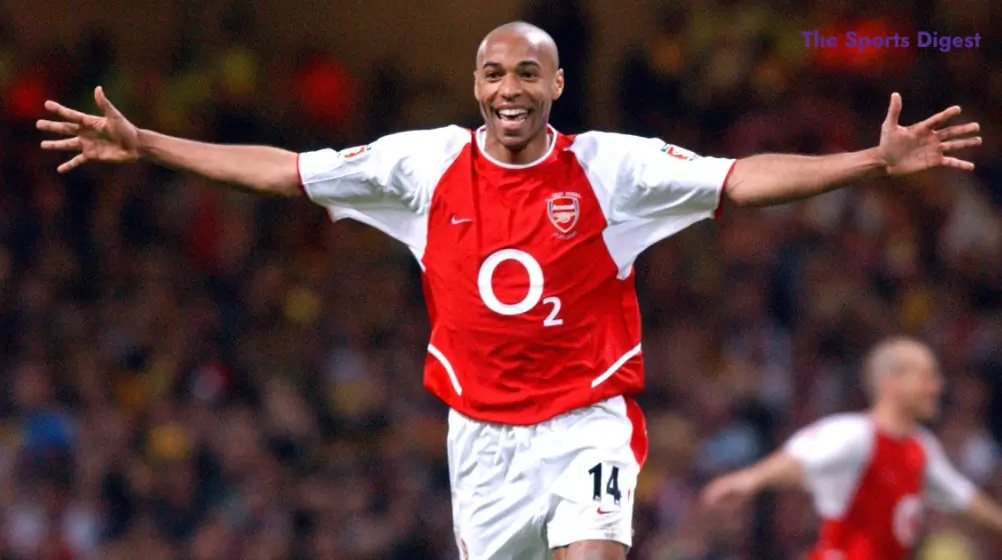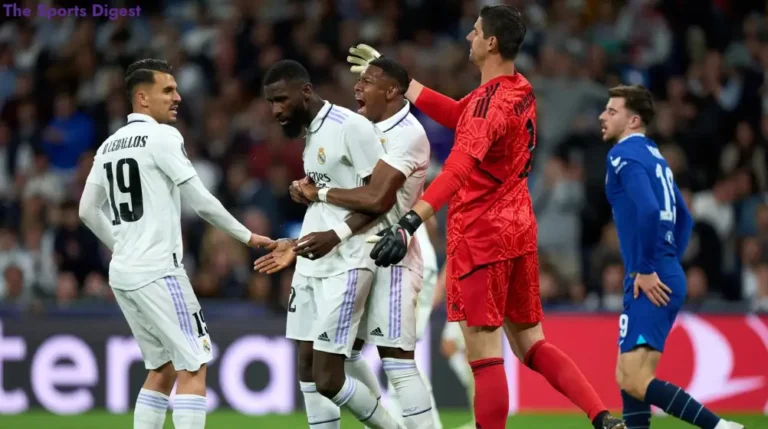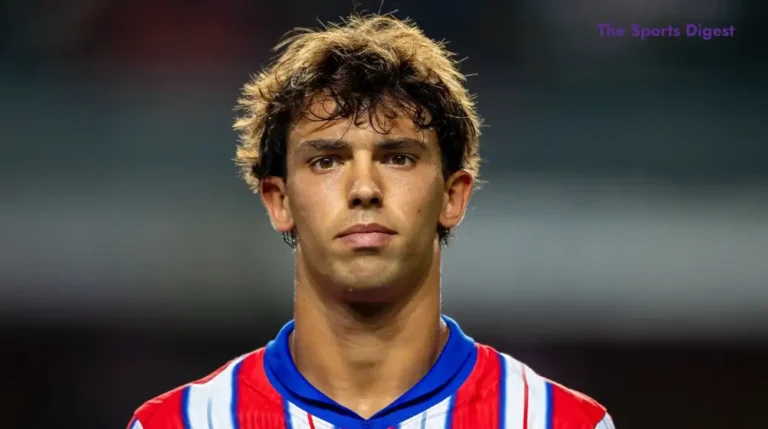Thierry Henry: From Admiration to Legend
I must confess something that pains me as a lifelong Manchester United supporter: I adore Thierry Henry. During Arsenal’s dominant era, I was predisposed to dislike everything about their star striker. Yet, as the years passed, his sublime talent, effortless elegance, and undeniable charisma won me over completely. This personal journey from reluctant admirer to devoted fan mirrors the universal appeal that Henry holds across football’s tribal divides.
Now, as Thierry Henry transitions into coaching, it seems a natural progression for someone with his personality and footballing intelligence. However, the immense task before him cannot be overstated. Surpassing his achievements as a player presents a nearly impossible challenge, with his career studded with so many ingenious moments that defined an era of English football.
Table of Contents
Early Career and Wenger’s Influence
Henry’s journey began at the prestigious Clairefontaine academy, France’s elite football finishing school, before making his professional debut for Monaco in 1994. It was here that Arsène Wenger first glimpsed Henry’s potential, initially deploying him as a winger to capitalize on his blistering pace and technical skill.
Under Wenger’s early guidance, Thierry Henry contributed significantly to Monaco’s 1996/97 Ligue 1 triumph. This early success hinted at the extraordinary career that would unfold, though few could have predicted the heights he would eventually reach.
Breakthrough on the European Stage with Monaco
The 1997/98 season marked Henry’s emergence on the grandest European stage. His seven goals during Monaco’s surprise run to the Champions League semi-finals announced his arrival as a genuine world-class talent. By age 21, Thierry Henry had secured recognition as one of the planet’s most promising players, earning France Football’s Young Player of the Year award and representing his country at the under-21 level.
Impact at the 1998 World Cup
Henry’s inclusion in France’s 1998 World Cup squad surprised many, but his performances silenced doubters as he became France’s top scorer during their victorious campaign on home soil. Though he remained an unused substitute in the final against Brazil, he was moments away from entering the match before Zidane’s second goal sealed victory, rendering his introduction unnecessary.
Post-World Cup Dip and Juventus Struggle
Despite World Cup glory, Henry’s return to Monaco proved unsettled. Speculation suggested his desire for a reunion with Wenger, who had departed for Arsenal, contributed to his diminished role at the club. His subsequent move to Juventus proved frustrating, with Carlo Ancelotti’s tactical system emphasizing defensive duties ill-suited to Henry’s attacking instincts. Often played out of position or left on the bench, his Italian adventure threatened to derail a promising career.
The Crucial Reunion with Wenger at Arsenal
Wenger’s long-standing interest in reuniting with Thierry Henry culminated in the summer of 1999 when Arsenal secured his signature for £11 million. This transfer, influenced by the presence of French teammates Patrick Vieira and Emmanuel Petit, would transform both Henry’s career and Arsenal’s fortunes for the next eight years.
Transformation into a World-Class Striker at Arsenal
At Highbury, Thierry Henry underwent a remarkable metamorphosis from underperforming winger to the most feared attacking talent in England. Wenger’s decision to convert him into a central striker unlocked his true potential. The results were extraordinary: Henry comfortably surpassed Ian Wright’s goalscoring record to become Arsenal’s all-time leading scorer with 228 goals in 377 appearances.
The Era of the “Invincibles”
Henry’s ascendancy coincided with Arsenal’s most dominant period, culminating in the unbeaten 2003/04 “Invincibles” season. During this golden era, he developed into the complete attacking player – combining lethal finishing with exceptional dribbling ability and creative vision.
His signature finishing technique – opening his body and side-footing the ball with precision into the far corner – became instantly recognizable. Moments of breathtaking brilliance dotted his Arsenal career: the audacious flick and volley against Manchester United, the slaloming run through the entire Liverpool defense, and the 60-yard solo effort against Tottenham that exemplified his extraordinary talent.
Despite his individual brilliance, Henry’s understanding with teammates like Robert Pirès and Dennis Bergkamp elevated Arsenal’s attacking play to artistic levels. His vision and selflessness often went underappreciated amid the constant flow of spectacular goals.
Pursuit of Champions League Glory and Move to Barcelona
After losing the 2006 Champions League final to Barcelona, Henry’s desire for European glory ultimately led to his departure from Arsenal in 2007. The move to Barcelona eventually yielded the success he craved, as he formed part of Pep Guardiola’s treble-winning side in 2009, finally securing the Champions League medal that had eluded him in London.
Controversy and Later International Career
Henry’s international career, though illustrious, became somewhat tarnished by the infamous handball incident during the 2010 World Cup qualifying playoff against Ireland. The resulting controversy overshadowed what had been a remarkable service to Les Bleus. The disastrous 2010 World Cup campaign that followed prompted his international retirement as France’s second-most capped player.
Yet focusing solely on this controversial moment does a disservice to his substantial contributions to France’s successes – the 1998 World Cup and Euro 2000 victories – accomplishments that should define his international legacy rather than one contentious incident.
Legacy and Conclusion
What truly separates Thierry Henry from many of his contemporaries is his achievement of sustained success at both club and international levels. This rare accomplishment – winning the Premier League, La Liga, Champions League, World Cup, and European Championship – places him in an elite category of complete footballers.
As the years pass, the enduring brilliance of Thierry Henry only grows in estimation. His combination of technical perfection, physical prowess, and tactical intelligence created a footballer who transcended rivalry and nationality to be appreciated simply for his genius. In the pantheon of football’s greatest players, Henry’s place is secure – a fact that even this Manchester United supporter must grudgingly but wholeheartedly acknowledge.
Have you ever read an article like this?
There are no reviews yet. Be the first one to write one.






